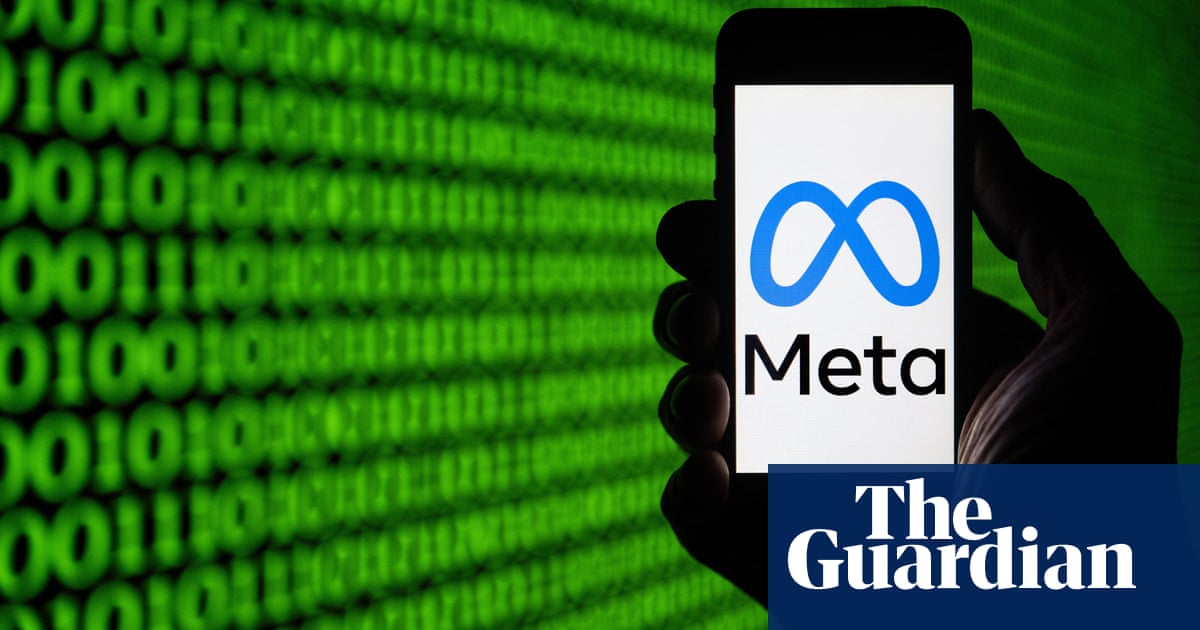Generative artificial intelligence (AI) is the technology that the IT sector is under the most pressure to leverage. However, a striking nine out of 10 IT organizations are unable to meet the increasing demand for AI-related projects. Studies indicate that C-suite executives are the primary drivers pushing for rapid implementation of generative AI, surpassing other stakeholders in influence. Nearly three out of five IT professionals express that business stakeholders have unrealistic expectations regarding the speed and flexibility of integrating new technologies. Furthermore, a significant 88% of IT professionals admit their inability to handle the overwhelming influx of AI-related requests within their organizations.
Businesses of various sizes, including small enterprises, are now facing the challenge of incorporating AI solutions. As companies expand, they encounter escalating technical obstacles such as integration issues and data silos, hindering the acceleration of their AI deployment strategies. An overwhelming 90% of IT leaders find it challenging to seamlessly integrate AI with existing systems.
The urgency for businesses to embrace and utilize AI extends beyond the realm of IT departments. There is a substantial push for businesses to redefine and establish new policies governing the utilization of generative AI tools by their workforce. Presently, Human Resources (HR) professionals are increasingly tasked with formulating their company’s AI usage guidelines.
In a bid to comprehend the challenges confronting HR leaders in the context of introducing AI into the corporate landscape, Valoir conducted a comprehensive global study involving over 150 HR executives worldwide, representing diverse industries and company scales. The key takeaways from Valoir’s study are as follows:
- The most promising areas for HR to leverage AI currently are recruitment, learning and development, and talent management, albeit these areas also present significant risks.
- A notable 25% of organizations have already implemented some form of generative AI in their recruitment processes, positioning it as the foremost area for AI adoption to date. Additionally, an extra 30% intend to embrace this technology within the next 24 months, making it the most widely adopted AI application in HR presently.
- HR leaders identify the primary obstacles to AI adoption as a shortage of AI expertise (26%), concerns regarding compliance and risk (23%), and insufficient resources or funding (21%).
The potential risks associated with AI in HR stem from issues like a lack of trust and the possibility of bias in AI-generated recommendations based on models inadvertently trained on biased datasets. Fundamental HR functions could face challenges from data breaches, AI biases, hallucinations, and toxicity. Notably, human intervention plays a crucial role in mitigating these risks across all these areas.
The adoption of AI in HR is on an upward trajectory. Valoir’s research reveals that half of organizations are either currently utilizing or planning to implement AI to address recruitment challenges in the next 24 months, closely followed by talent management and training and development initiatives.
Valoir’s findings also highlight that merely 16% of organizations have established a policy on utilizing generative AI, with even fewer having guidelines on ethical AI use. A mere 14% have a training policy in place for the effective deployment of AI, and only 8% have initiated training programs for employees whose roles may be susceptible to automation by AI.
Valoir recommends that HR leaders not only select reputable vendors and technologies but also institute appropriate policies, procedures, safeguards, and training for both HR personnel and the broader workforce. HR departments must contemplate how to effectively communicate these policies and training initiatives to their internal teams and the wider employee base.
While 2023 was characterized by research, exploration, and discovery in the realm of generative AI, 2024 is anticipated to be the year of adoption. HR stands poised to play a pivotal role in facilitating the successful integration of AI in business operations, with trust emerging as a critical factor. HR’s dual role as data custodian and policy enforcer situates it at the core of every organization’s endeavor to maximize the benefits offered by AI.










